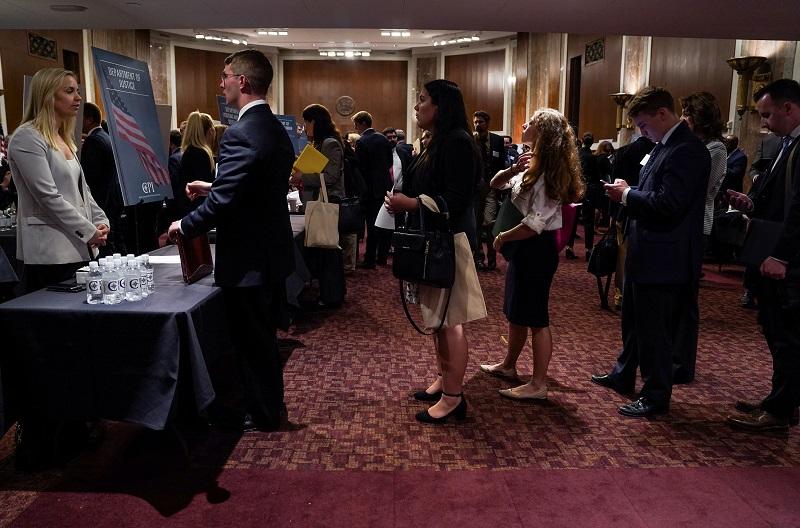WASHINGTON—The number of Americans filing for unemployment benefits fell last week, a sign the labor market was holding firm despite tensions between the United States and its trading partners that have led to tit-for-tat tariffs.
Initial claims for state unemployment benefits slipped 2,000 to a seasonally adjusted 210,000 for the week ended Aug. 18, the Labor Department said on Aug. 23.





